Nashville: (615) 255-2002
Memphis: (901) 379-0900
Chattanooga: (423) 629-0906
Johnson City: (423) 979-0069
Knoxville: (865) 692-4840
Fixed Right. Fast, Guaranteed.
Blog Layout
What Your New Employee Should Know About Your Commercial Kitchen Equipment
May 28, 2021
If you work in a commercial kitchen, you know firsthand the wide variety of equipment used daily. In few other workplaces are you surrounded by fire, hot water, and sharp objects at all times. When you make a new hire, you want your new employee to feel competent and comfortable in a fast-paced and high-pressure environment of a commercial kitchen. To set your new employees up for success, we recommend streamlining their orientation by providing practical, relevant information about kitchen equipment, such as the following.
1. Collect and Share Helpful Tips
When you’ve worked in one kitchen for a long time, you may already know its small quirks. You may automatically pull a sticky freezer door with extra force, or you might know that the top left burner on the range is broken. When new employees step into a kitchen, they don’t have access to this accumulated knowledge.
To make an “insider’s guide” to your kitchen, move from each piece of equipment to the next, offering any tips or tricks you can pass on. (If you find yourself with a long list, it may be time to schedule a service appointment.) Collect, compile, and post this information in your kitchen for easy reference. This can go a long way in helping new employees get up to speed and adjust quickly to a new environment.
2. Train New Employees to Report Equipment Issues Quickly
Kitchen staff are all-stars at improvising and adapting to get tasks accomplished. However, they should also feel empowered to report any equipment issues ASAP. In a commercial kitchen, neglected or broken equipment can be a safety hazard, so it’s especially important that employees keep track of any malfunctioning equipment. Employees should keep an eye out for temperatures on coolers and freezers, leaks from a dishwasher, unusual smells, or equipment that isn’t working well.
In commercial kitchens, small issues can be indicators of much larger problems. Cultivate an environment where your employees aren’t afraid to deliver unpleasant news. If they do, early reporting can save you money in the long run.
3. Teach New Employees to Care for your Equipment
Proper cleaning can go a long way in preserving the life of your commercial kitchen equipment. New kitchen staff may not know the correct protocol for using and keeping equipment clean and maintained. Schedule a new employee orientation during a lull in kitchen service. During the orientation, walk new employees through the cleaning process for each major piece of equipment they’ll be using.
If it’s helpful, you may also be able to allow them to observe the closing crew cleaning the entire kitchen. Be sure to let them know what products must be used for each type of equipment. Since this information can be a lot to keep in mind, consider posting cleaning protocols
near ovens and ranges. It may also be helpful to schedule quarterly maintenance visits for your major appliances. Keeping things clean will cut down on your need for expensive fixes that stem from grease build-up.
ATECH Provides High-Level Support for Commercial Kitchen Equipment
Next to your employees, your commercial kitchen equipment is the most important part of your team. Make sure it’s performing at its best by scheduling an equipment maintenance check-up with ATECH. We can assess your equipment and suggest a planned maintenance schedule
to prevent unexpected breakdowns. ATECH is committed to repairing and maintaining your equipment quickly, efficiently, and effectively. To help you keep a regular schedule for servicing your commercial kitchen equipment, reach out to us for a planned maintenance visit
today.
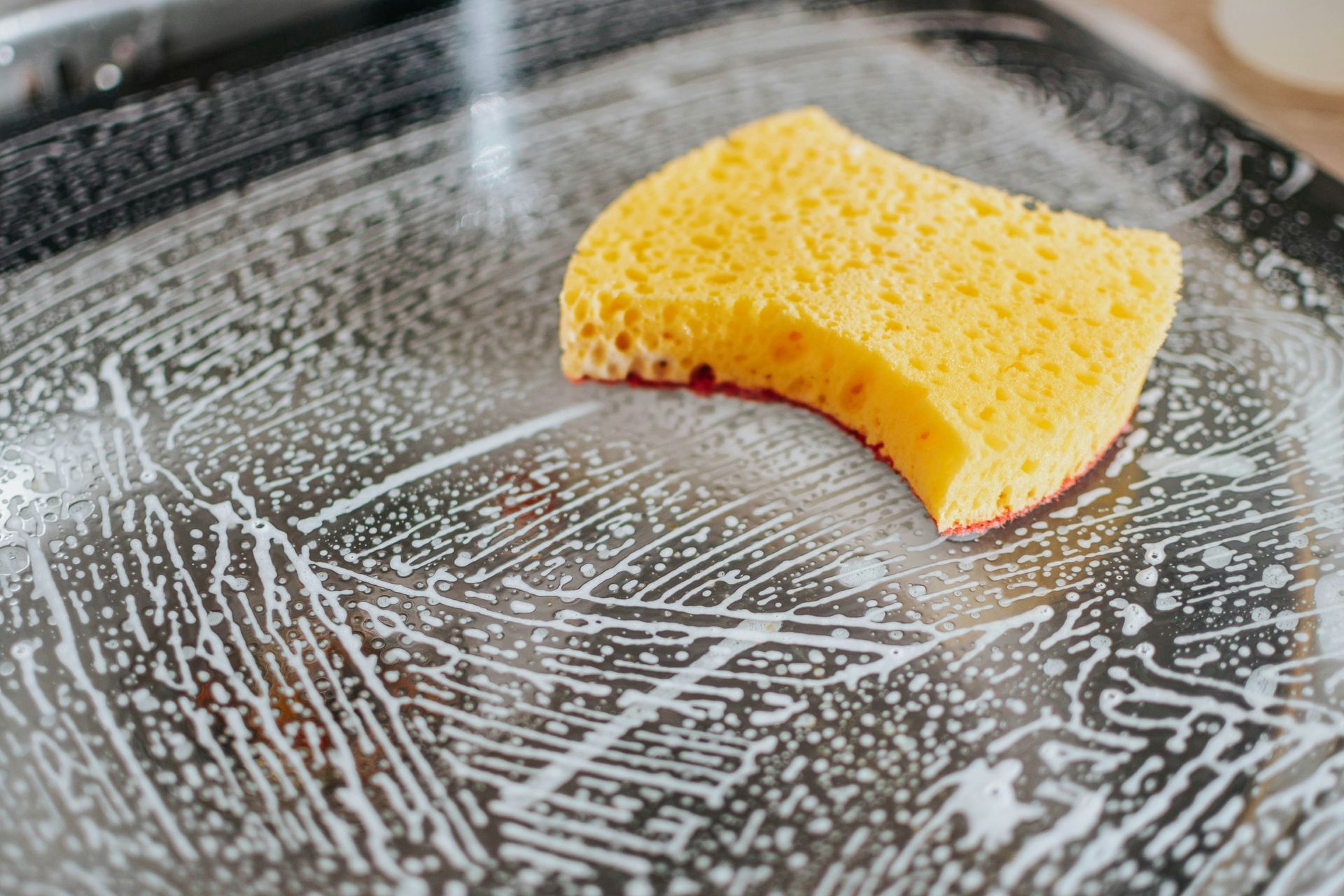
By markl
•
March 20, 2024
As the season changes and springtime blooms, it's the perfect opportunity to refresh and rejuvenate your restaurant space. Spring cleaning isn't just about tidying up; it's about ensuring a safe, welcoming environment for your patrons and staff. In this blog post, we'll explore some essential tips and best practices for restaurant cleanliness in the springtime. Embrace Deep Cleaning : Spring cleaning is the ideal time to tackle those deep cleaning tasks that may have been neglected during the busier seasons. From scrubbing floors and walls to deep cleaning kitchen equipment, thorough sanitation ensures a hygienic environment for food preparation and service. Focus on High-Traffic Areas : Pay special attention to high-traffic areas such as dining areas, restrooms, and entryways. These areas are prone to accumulating dirt, dust, and germs, making regular cleaning essential for maintaining a pristine appearance and preventing the spread of illness. Refresh Outdoor Spaces : If your restaurant has outdoor seating areas, spring is the perfect time to freshen them up. Clean outdoor furniture, sweep away debris, and power wash outdoor surfaces to create an inviting atmosphere for al fresco dining. Check and Replace Equipment Filters : Don't forget to inspect and replace filters in HVAC systems, refrigeration units, and ventilation hoods. Clean filters help maintain air quality and prevent the buildup of contaminants, ensuring a healthy indoor environment for both customers and staff. Engage Staff in Cleaning Initiatives : Encourage staff members to take pride in the cleanliness of the restaurant by involving them in spring cleaning initiatives. Assign specific tasks and provide training on proper cleaning procedures to ensure consistency and effectiveness. Implement Regular Maintenance Schedule : Establish a regular maintenance schedule to keep up with cleaning tasks throughout the year. By incorporating daily, weekly, and monthly cleaning routines, you can maintain a high standard of cleanliness and prevent the accumulation of dirt and grime. Invest in Quality Cleaning Products : Choose cleaning products that are effective yet environmentally friendly. Look for products that are certified as safe for use in foodservice establishments and follow manufacturer recommendations for proper application and usage. Monitor and Adjust Cleaning Protocols : Continuously monitor cleaning protocols and adjust as needed based on feedback, customer traffic, and changing regulations. Regular evaluation ensures that your cleaning practices remain effective and in compliance with industry standards. Spring cleaning is an essential aspect of restaurant maintenance that goes beyond just aesthetics. By implementing thorough cleaning routines, engaging staff members, and investing in quality cleaning products, you can create a safe, hygienic environment that enhances the dining experience for your customers and promotes a healthy work environment for your staff. As you embark on your spring cleaning journey, remember that ATECH is here to support you with a wide range of cleaning and maintenance solutions tailored to meet the unique needs of your restaurant. Happy spring cleaning!

By markl
•
January 26, 2024
Winter is here, and at ATECH, we understand the unique challenges businesses face in keeping their commercial equipment running smoothly during the colder months. In this comprehensive guide, we'll delve into the strategies, tips, and success stories that can help your business navigate winter effortlessly. From equipment maintenance to emergency services, consider this your go-to resource for mastering winter with ATECH. Winter Equipment Maintenance Tips Checklist for Winter-Ready Equipment: Inspect Seals and Gaskets : Ensure a tight seal to prevent cold air leakage. Check Insulation : Evaluate the insulation of walk-in coolers and freezers. Clean and Sanitize : Thoroughly clean and sanitize all equipment surfaces. Temperature Adjustment : Set optimal winter temperatures for each piece of equipment. ATech Maintenance Tips for Different Equipment: Fryers and Grills : Clean and inspect burners for efficient operation. Ice Machines : Check water lines for insulation and replace filters regularly. Heating Systems : Schedule preventive maintenance to optimize efficiency. Electronic Equipment : Keep spaces well-heated and clean to prevent malfunctions. Businesses often grapple with specific equipment failures that can disrupt operations. ATECH understands the challenges posed by heating system malfunctions, electronic equipment performance, and other issues during the colder months. To tackle these common winter-related failures, businesses should prioritize preventive measures. Regular heating system maintenance checks and air filter replacements can prevent malfunctions. For electronic equipment, maintaining ambient room temperature and conducting routine cleaning are key strategies to ensure optimal performance throughout winter. ATECH's Winter Services: A Lifeline for Your Business Winter demands a proactive approach to equipment maintenance, and ATECH stands as the lifeline for businesses navigating the challenges of the season. Our comprehensive winter services go beyond mere repair and include prompt equipment repairs, planned maintenance, and emergency services. With a commitment to same-day service for urgent winter emergencies, ATECH ensures that businesses can rely on swift resolution during critical times. What sets us apart is our team of factory-trained and CFESA-certified technicians, offering not just reliability but a dedicated partnership to keep your business running smoothly through the coldest months. Trust in ATECH, your lifeline in the winter business landscape. Winter doesn't have to be a season of uncertainty for your business. With ATECH by your side, you have a reliable partner dedicated to providing top-notch equipment repairs and maintenance services. Master winter with confidence, knowing that our comprehensive guide and expert services are here to support your business every step of the way. For personalized winter readiness assessments and expert guidance, contact ATECH today. Let's navigate winter together, and keep your business thriving.
VISIT US
,
This is a placeholder for the Yext Knolwedge Tags. This message will not appear on the live site, but only within the editor. The Yext Knowledge Tags are successfully installed and will be added to the website.
This is a placeholder for the Yext Knolwedge Tags. This message will not appear on the live site, but only within the editor. The Yext Knowledge Tags are successfully installed and will be added to the website.
Locations also available in Memphis, Knoxville, Chattanooga, and Johnson City
HOURS
Monday
Tuesday
Wednesday
Thursday
Friday
Saturday
Sunday
This is a placeholder for the Yext Knolwedge Tags. This message will not appear on the live site, but only within the editor. The Yext Knowledge Tags are successfully installed and will be added to the website.
HOURS
Monday
Tuesday
Wednesday
Thursday
Friday
Saturday
Sunday
This is a placeholder for the Yext Knolwedge Tags. This message will not appear on the live site, but only within the editor. The Yext Knowledge Tags are successfully installed and will be added to the website.
Hi. Do you need any help?
CONTACT US
Nashville: (615) 255-2002
Memphis: (901) 379-0900
Chattanooga: (423) 629-0906
Johnson City: (423) 979-0069
Knoxville: (865) 692-4840
Privacy Policy
| Do Not Share My Information
| Conditions of Use
| Notice and Take Down Policy
| Website Accessibility Policy
© 2025
The content on this website is owned by us and our licensors. Do not copy any content (including images) without our consent.


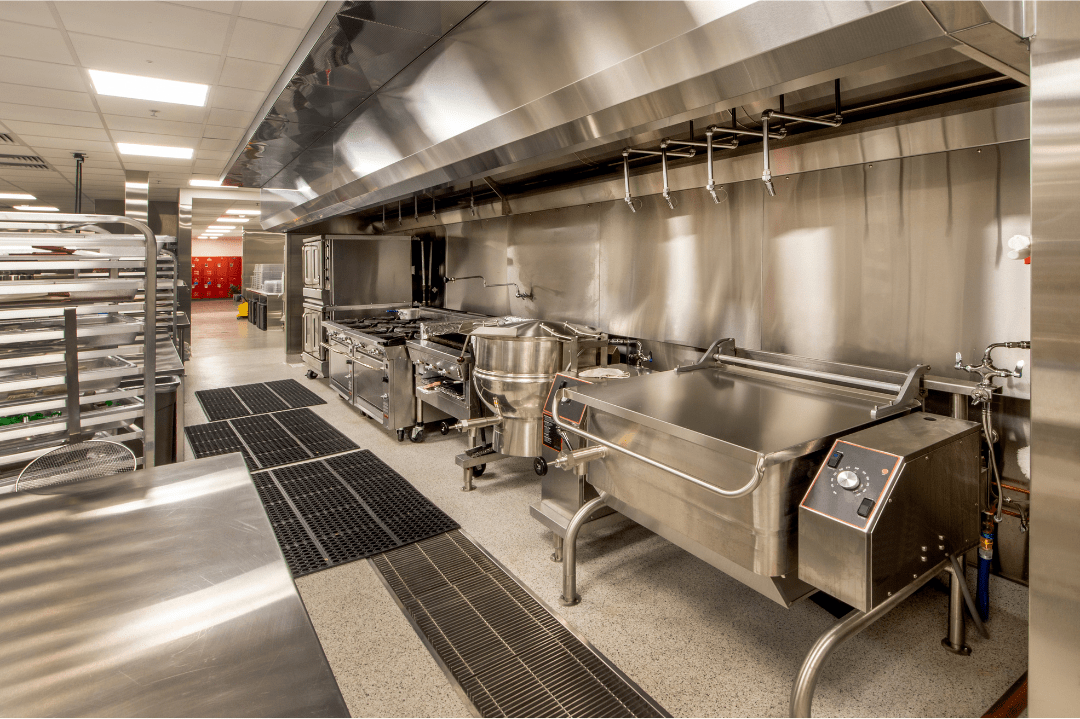
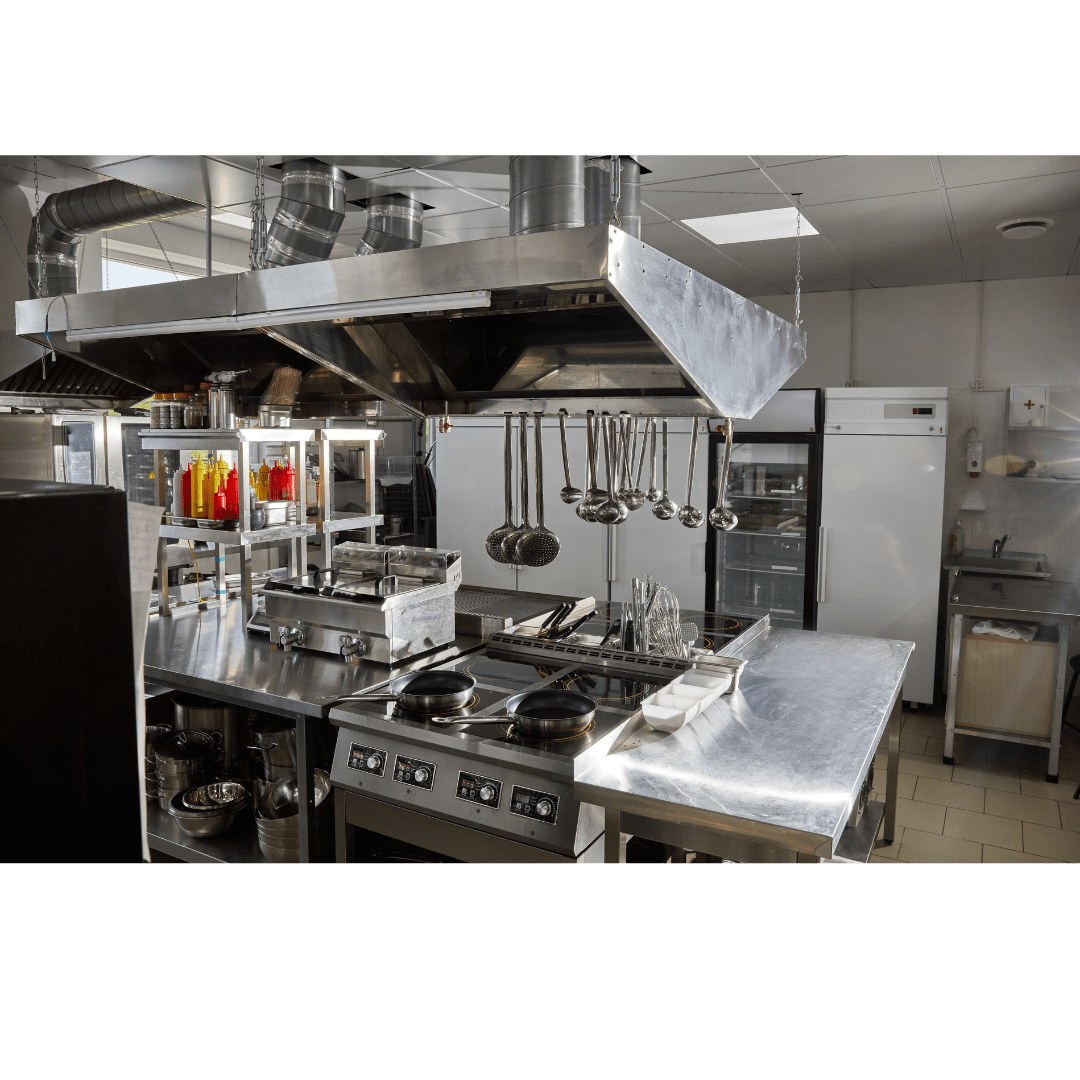



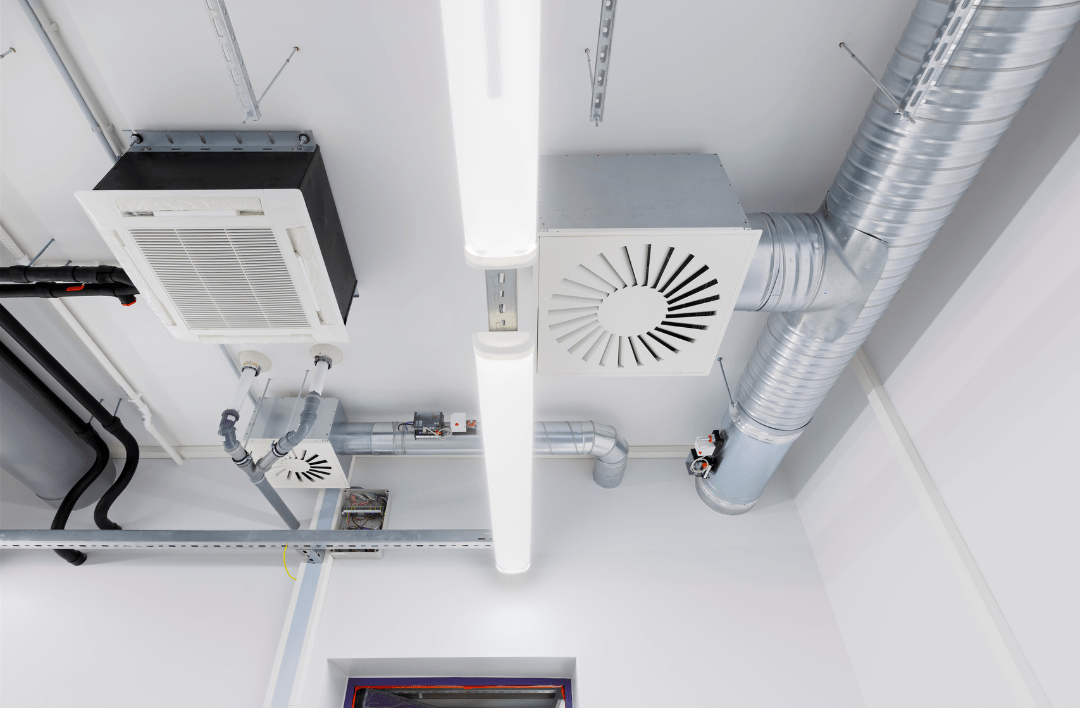
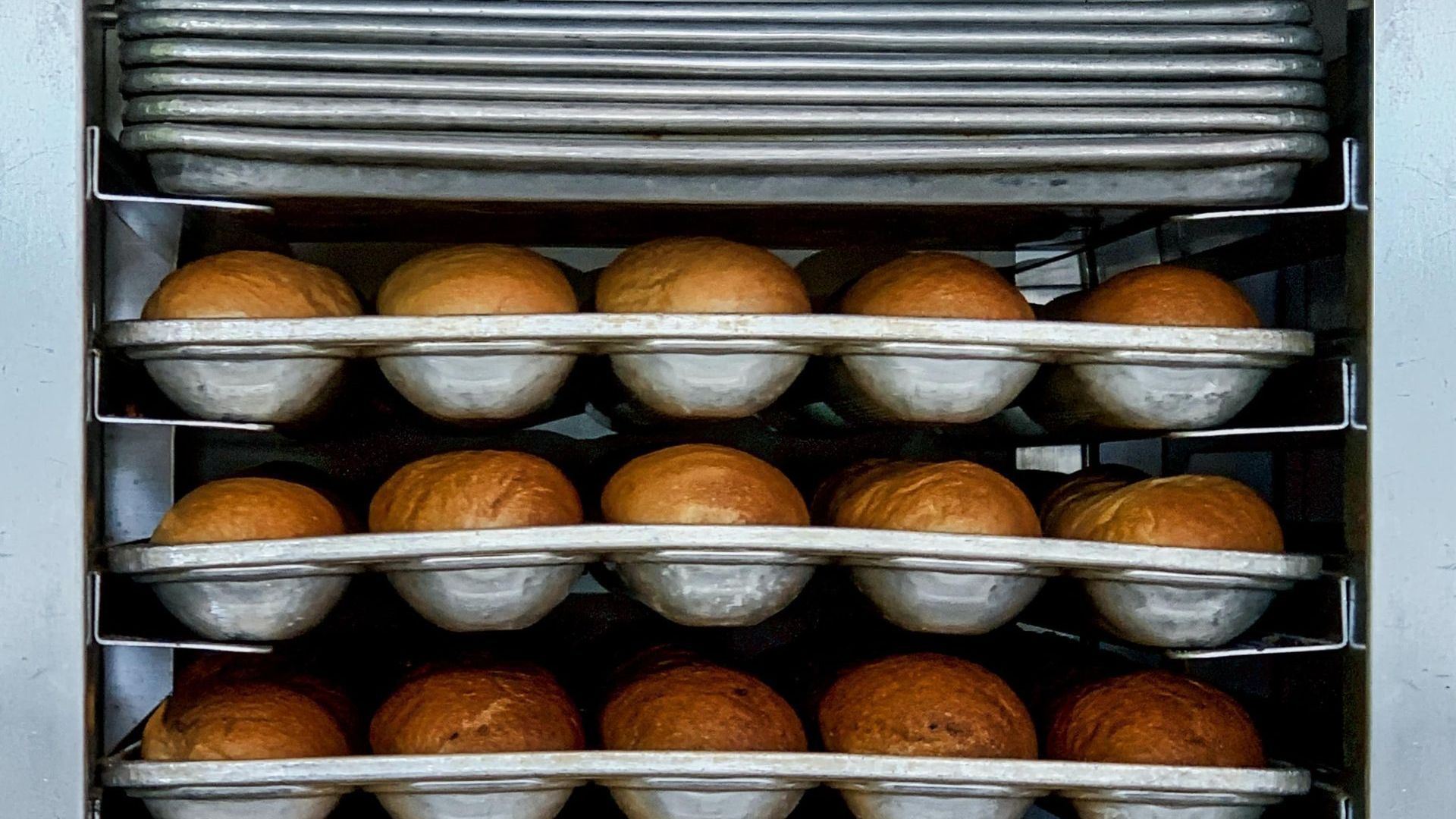
Share On: